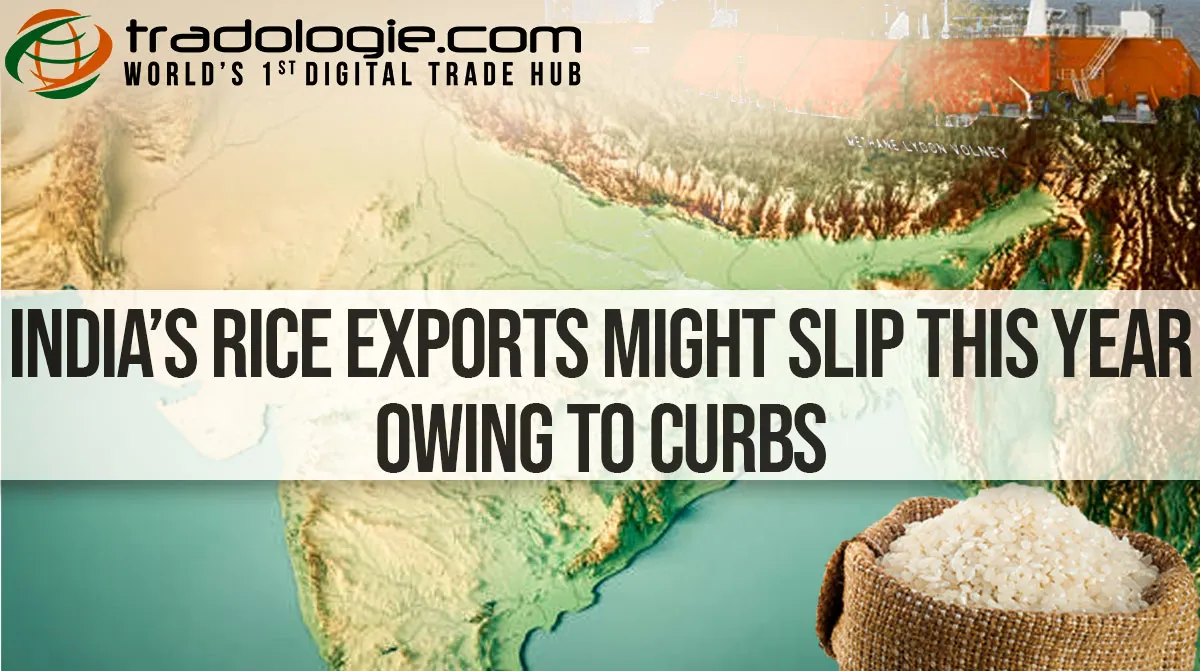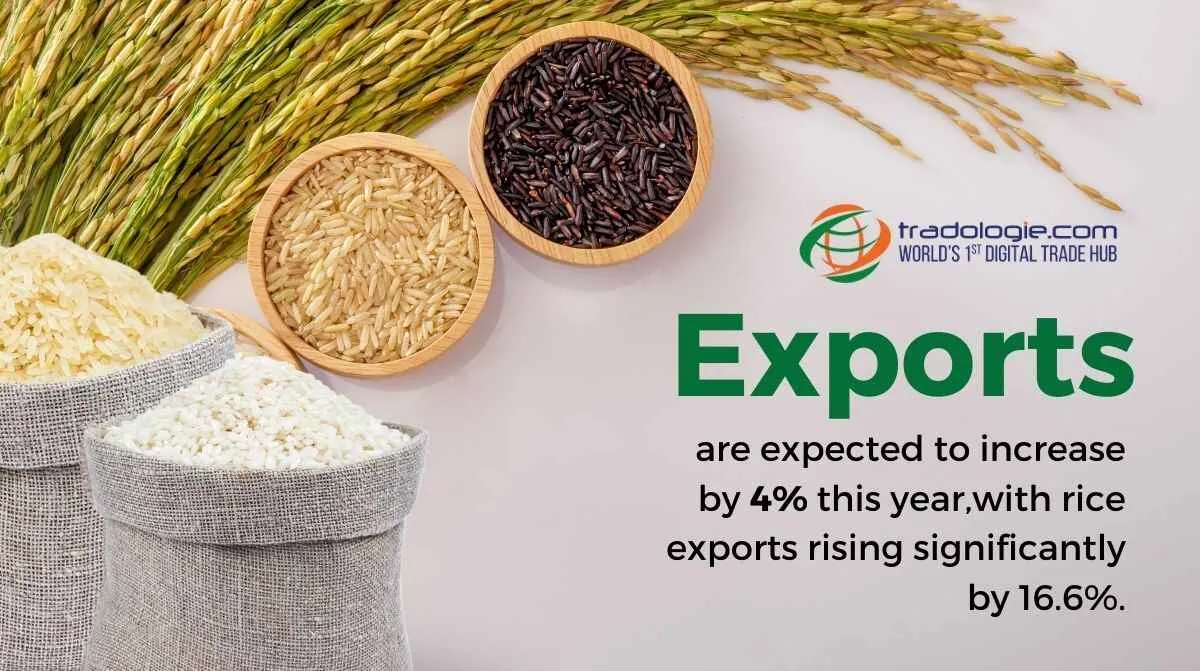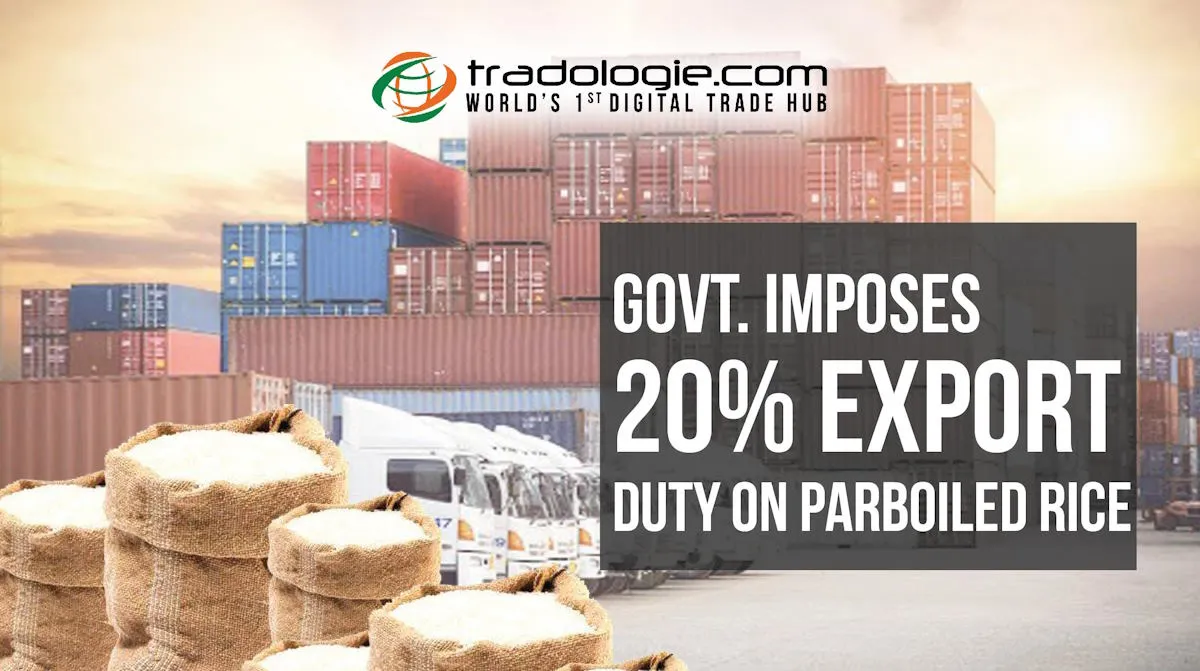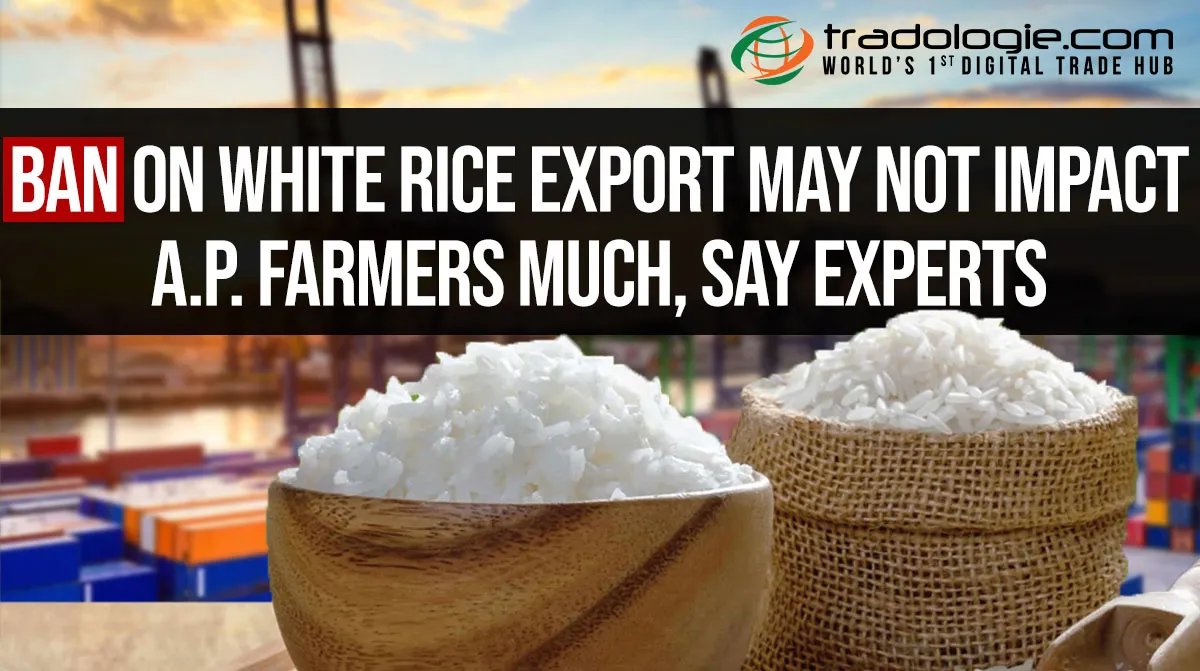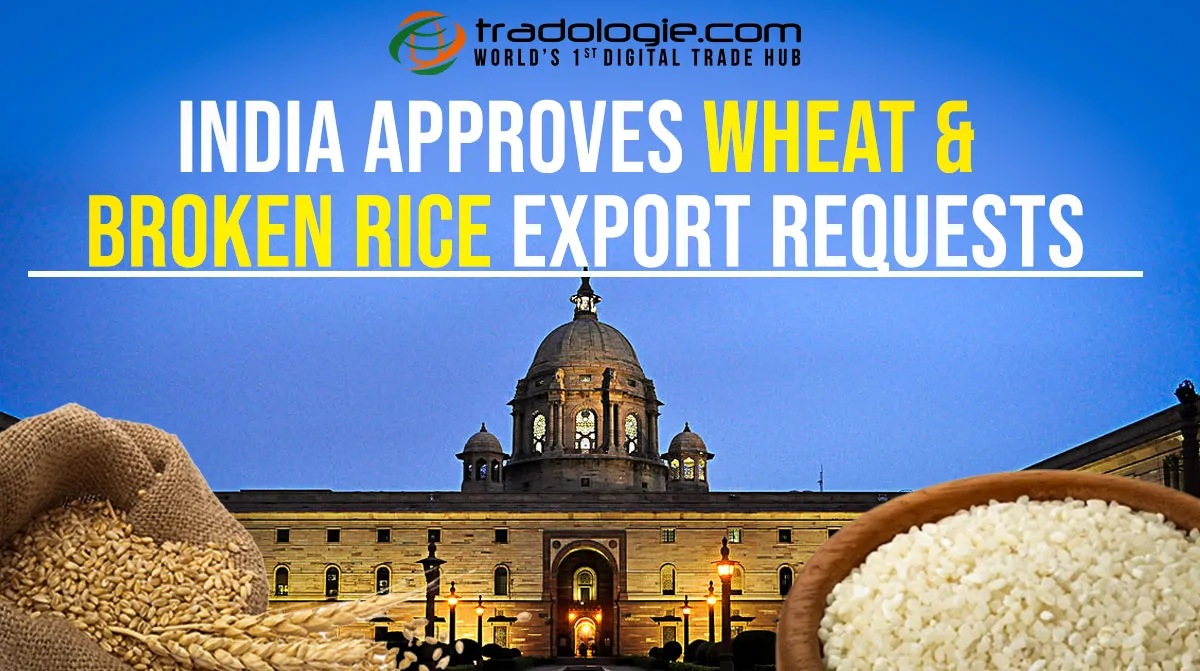India’s Rice Exports
India's non-basmati rice exports hit a record high in FY23. The exports of non-basmati rice stood at 17.79 million tonnes (MT) in FY23, up from 17.3MT in FY22. The country’s broken rice exports, due to shipment restrictions imposed by the Government to keep a check on domestic prices, stood at 3MT (23% lower on year) India's rice exports are expected to decrease this fiscal year as the effects of export restrictions start to appear. Exporters claim that as a result, India might lose its position in the global trade market.
Vinod Kaul, executive director of All India Rice Exporters Association mentioned that a decline in exports is being witnessed in FY24 as the effects of the 20% export duty on non-basmati varieties is expected to start reflecting from April. According to the official data, non-basmati rice exports were valued at $6.36 billion, a 4% increase from the previous year.
India’s Position In The Global Rice Trade
Kaul also mentioned, “Execution of an export order would take a few months, and the coming months would define the course of exports for the ongoing financial year starting April.” In spite of the prohibition, the Center granted 400,000 tonnes of shipments in response to requests from merchants and embassies. Unless there is a change in the duty structure, Kaul predicted that broken rice exports will decrease to zero this year. Exports of semi- and fully-milled rice are predicted to decline by 15-20%.
Kaul also said, “The loss of around 5 MT is expected to shake India’s position in the global market, providing an opportunity to competitors such as Thailand, Vietnam, and Pakistan.” “Regaining that market for India will be next to impossible, therefore, it would have a long-term impact as far as the trade is concerned.” India's rice prices are more appealing than those in Vietnam and Thailand on the international market, protecting Africa's weaker economies like Nigeria, Benin, and Cameroon.
According to a Delhi-based dealer with a global trading company who asked to remain anonymous, 25% broken rice from India is priced at $442 per tonne, while 5% broken rice from Thailand and Vietnam is priced at $487 per tonne and $480 per tonne, respectively.
Reasons
According to a Bengaluru-based expert who works for a multinational trading company, the decision to restrict exports of broken rice is justified to some extent because only 11% of ethanol is produced using broken rice, compared to 65% using molasses, a by-product of sugar production. Sugarcane by itself is unable to achieve the 20% ethanol blend target by 2025. In order to reach this goal, the government is also looking into the potential of other food grains, like maize.
India has approved grain-based ethanol to meet domestic demand under the Ethanol Blending Programme, and the Food Corporation of India has also been given permission to sell rice to ethanol plants for fuel ethanol production in 2020–21 (December–November).
If you are a rice importer wishing to buy rice in bulk or a rice exporter willing to export bulk rice, then Tradologie.com is the right platform for you. Tradologie is a Software as a Service platform that facilitates bulk agro-trade across the globe. Through Tradologie’s interface, buyers can avail the best qualities of agro-commodities at negotiable rates. The transaction-oriented platform has 600,000+ verified buyers and about 70,000+ registered sellers of agro-commodities from over 150 countries.
To register as a buyer, click here . To register as a seller, click here .
To stay updated with the latest happenings in the agro-trade industry, follow Tradologie.com across all social media channels.

